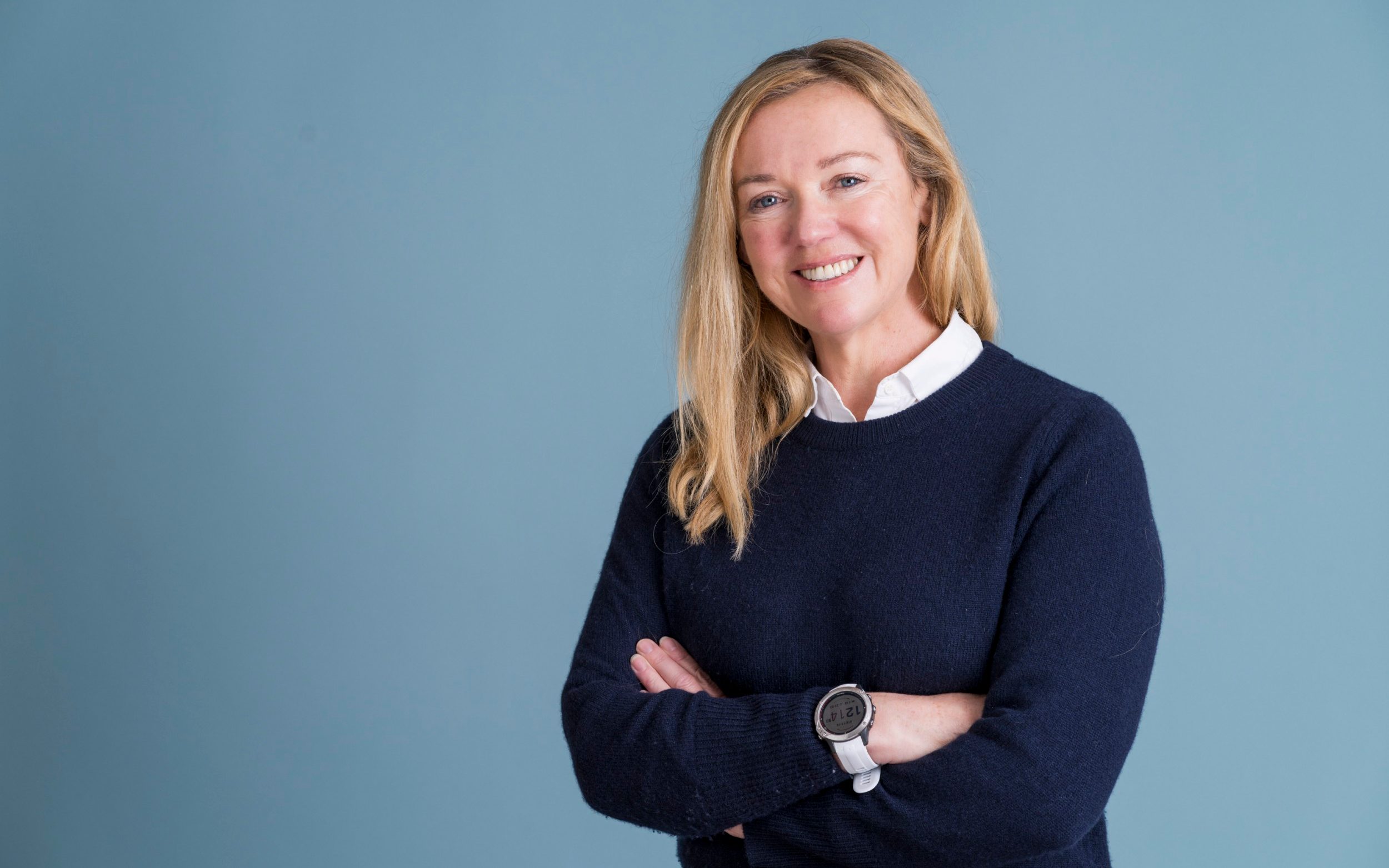
The real lives of Olympians: in the lead up to the Paris Olympics , we will be talking to former Olympian medallists about how they keep fit now – from ageing and retiring to what they eat and how much they exercise. Meet the sixth in our series, Shirley Robertson.
Robertson is a sailor and the first British woman to win an Olympic gold medal at consecutive games: Sydney in 2000 and Athens in 2004. She was the first ever female skipper in the groundbreaking Extreme 40 Sailing Series and also broadcasts commentary on her sport. The 56-year-old lives in Cowes with her husband and teenage twins.
How fit do you feel?
I feel really good. I feel strong in my body. If I had to lift up a sofa, I could, which wasn’t the case 10 years ago.
. When you age you should be less concerned about thinness and calories.
What motivates you to stay fit?
I’m quite motivated to stay healthy because I want to keep doing things in my old age. I don’t want to get old and have a sore back and bad joints. I want to keep racing, swimming and being active.
Are you competitive?
I was born competitive and everyone will say that. Whatever I do I want to do well, I want to do it to a high standard. I’m still racing. That’s the beauty of my sport, you can keep going. So it’s important to me to be strong and not get injured.
What’s your worst health habit?
I’m Scottish so I like anything that’s deep fried or sweet. So that can run away from me especially if I’m working hard and stressed.
What is your top health tip?
Don’t be too accepting. Do a little bit of exercise often and you will see a difference. I’m a big fan of lifting weights and keeping muscle on your bones and doing a little bit of flexibility each week, gradually you can reverse ageing. Seeing that progress is really rewarding.
When were you at your fittest?
. You’re leaning out doing a permanent sit-up.
Now when I’m at the gym I wonder, “How did I do that?” At the time though I never felt shredded in part because you always felt like you could have been fitter.
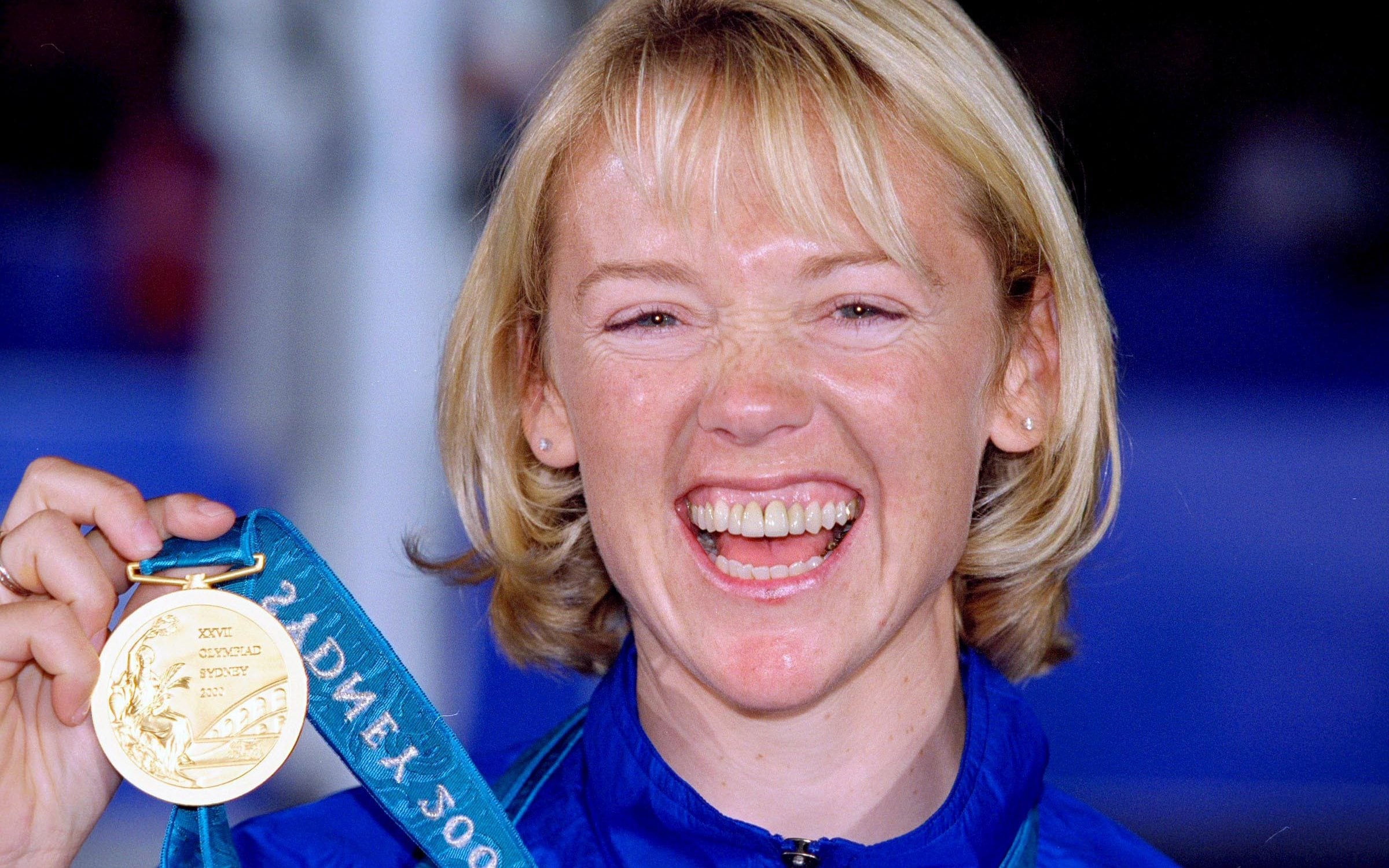
What was your training?
I did weight training mainly. You sail a lot – anything between two and seven hours. So there’s an element of fitness on the job. Sailing isn’t measured, it’s not quantitative. Your only comparison is against your competitor and you don’t know what they’re going to bring. So I was always one of those mad people who’d do something on Christmas Day.
How did you fuel training?
. When I was on a boat of three, diet became a real issue because we were weighed and we had to be really careful with what we ate. You wouldn’t eat red meat because it stays with you quite a while. It wasn’t great. I hate thinking about food all the time.
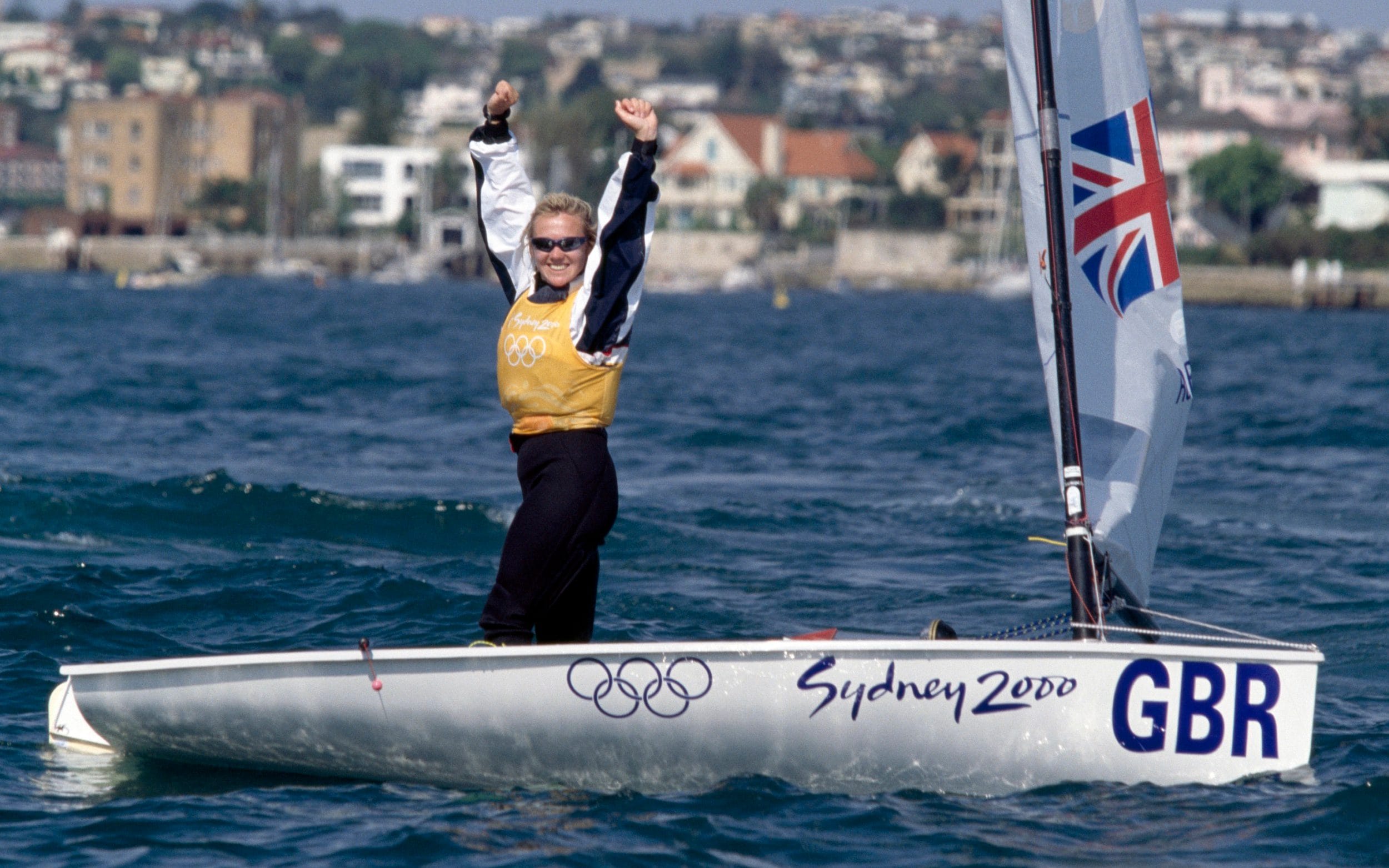
How have you stayed fit since your last medal?
When I stopped the Olympic sailing I had twins and was working full-time. I was used to having a focus and a trainer. So it was quite hard.
. And I love that. My shoulders have got more muscly and I can’t get shirts and blazers to fit.
Why do you love outdoor swimming?
It’s good exercise but you actually have to swim. I do front crawl. I don’t want to sound judgy but a lot of people dip. I love the social aspect aspect too. I usually go with a mate.
You can be having a sh--ty day but if you start your day getting in the sea you are really lifted.
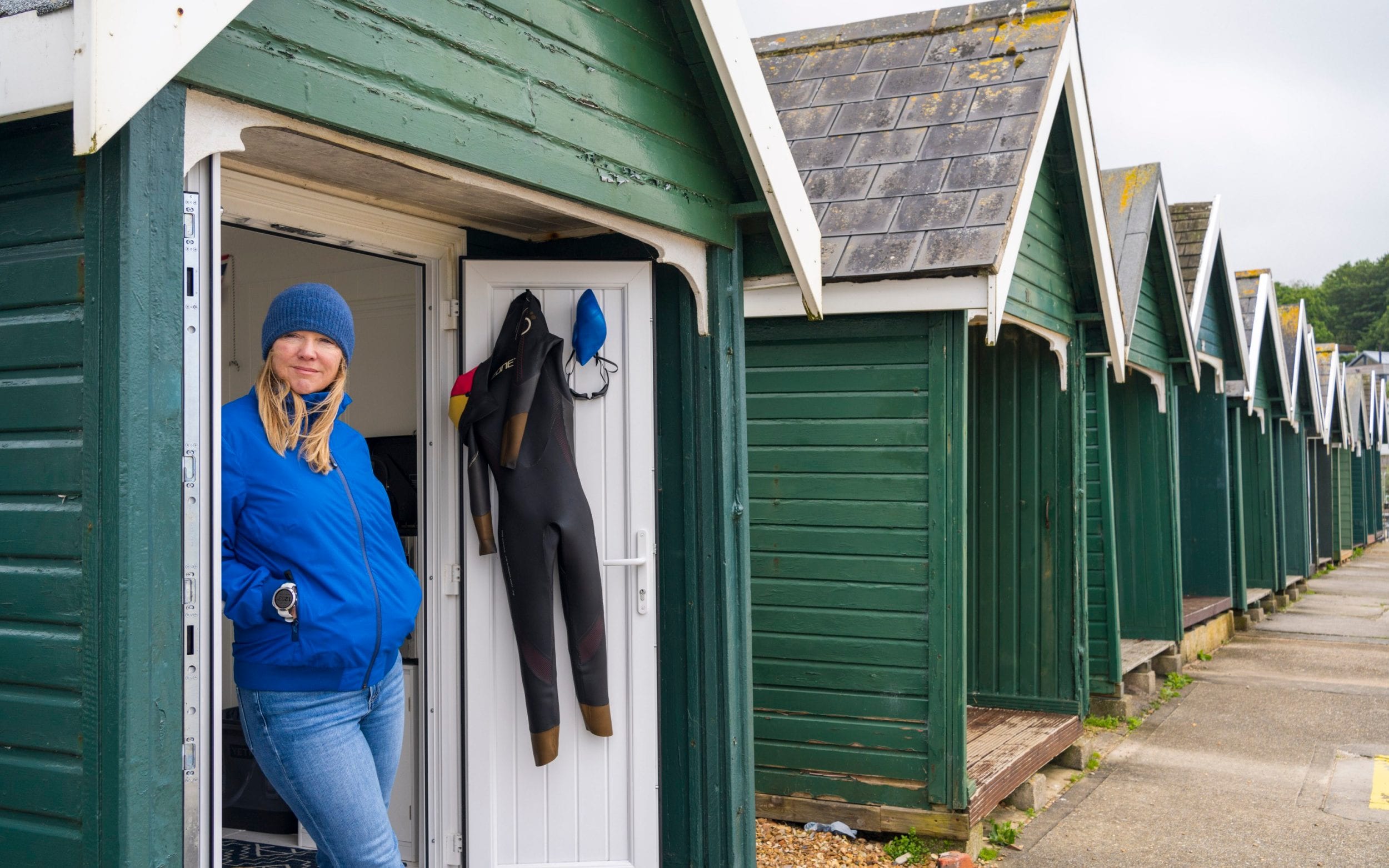
How often do you exercise?
I swim most days. I weight train three times a week, which has helped with bad back pain. I do Pilates a minimum of once a week and I go to the chiropractor every six weeks.
What do you eat?
. Now I have an intolerance to lots of grains, which is difficult when you work in television and are on the hop. All that’s on offer is sandwiches.
. I haven’t lost weight or anything. I still eat properly. If I’m being sensible I break the fast with protein, normally eggs which I eat every day.
What is your guilty pleasure?
I could easily eat lots of chocolate, and bread and butter with marmite.
Do you take supplements?
.
. If I’m going to have steak, I’ll have meat that lived a good life on the island. I also like the sausages from the local butcher.
What’s your worst health habit?
. I’m conscious that in the winter and you’re working at home, there are days when you’ve done 1,500 steps. That freaks me out a little bit.
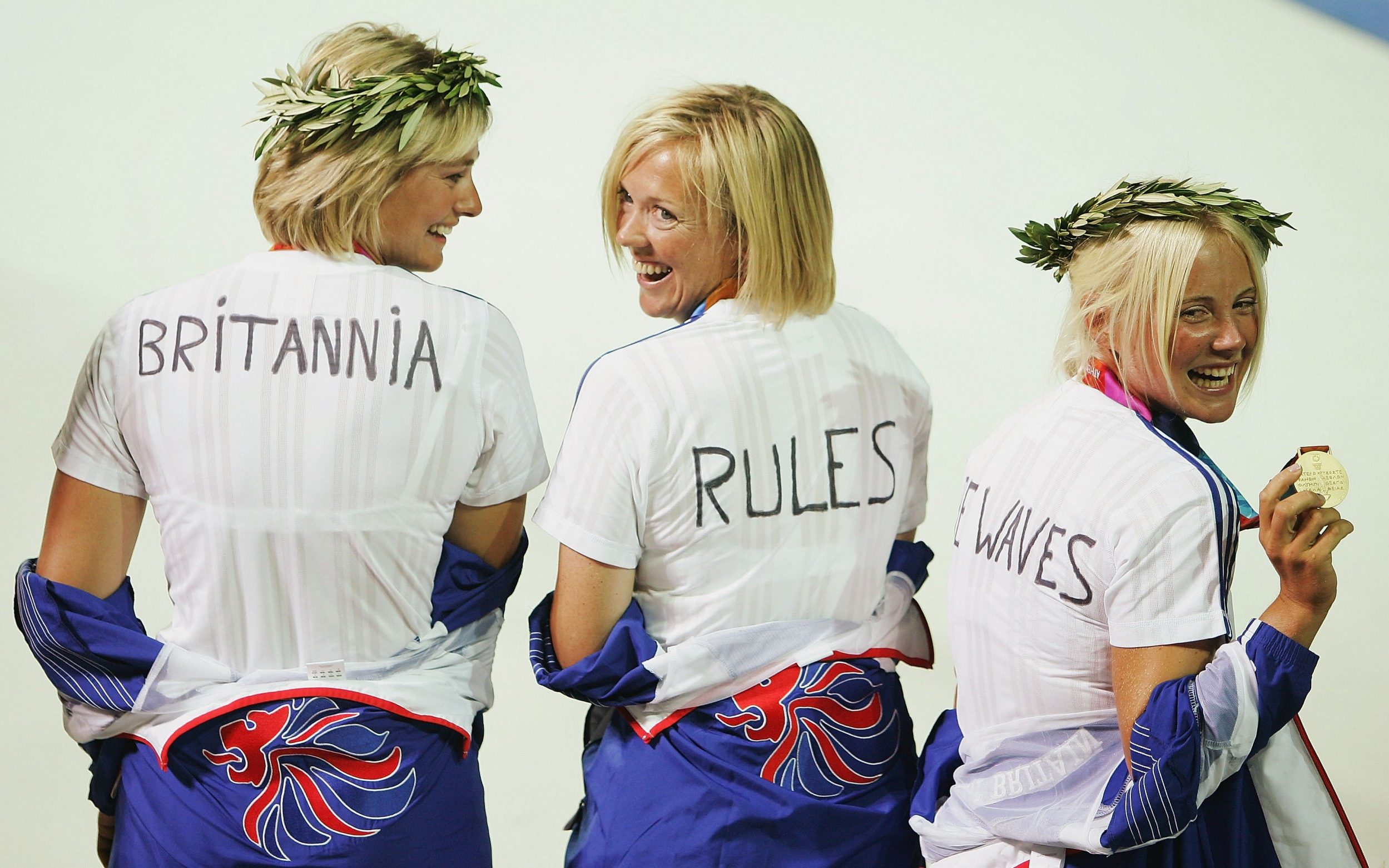
Any injuries?
Recently I’ve had a sore shoulder, and I’m not sure how I did it. I’m not accepting it as my range of movement though, I want a proper range of movement in my arm.
but I don’t want to live the next 30 years with a sore back. So I do something about it. Nothing happens quickly but with persistence you can make a difference.
What do women get wrong about ageing?
.
Recommended
The nine health benefits of regular strength training
Read more
Play The Telegraph’s brilliant range of Puzzles - and feel brighter every day. Train your brain and boost your mood with PlusWord, the Mini Crossword, the fearsome Killer Sudoku and even the classic Cryptic Crossword.


Post a Comment
0Comments